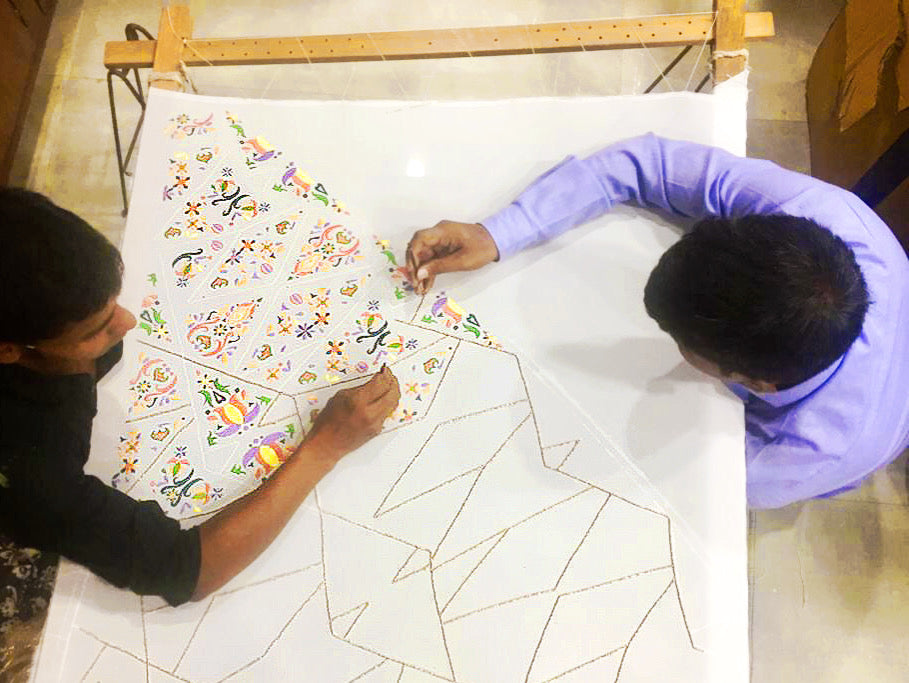Well what a year it has been right?! We're over half way through so I for one can't wait to see what else is going to be thrown at us next...just kidding, unless it's the best news ever in which case, hurry up!
Anyway, my post today is to discuss how Covid-19 has affected garment workers, specifically those based in developing countries. A majority of the ready-made garments we wear in Europe are made in Asia. We've created a culture of constantly needing more and the garment industry has both prospered from this and seriously suffered. Asian factories were shipping £512 billion in garments to Europe per year up to this point. This all sounds great but when you really look at it, we've been taking advantage of garment workers by our need for cheap clothes. Once Covid-19 hit and we all headed into lockdown, the garment industry was hit hard.
Businesses headed into survival mode and in many cases cancelled orders, resulting in factories losing income and in turn, their workers suffered. In Bangladesh alone, £2.5 billion in orders have been cancelled or postponed with a further 84% decline in overall orders.
Businesses making this decision in order to survive the pandemic is understandable for collections where production hadn't begun, however there were many businesses who's factories were in the middle production or already had garments produced and shipped, when orders were cancelled. This means hundreds of thousands of garment workers were not paid for the work completed. One factory alone lost £2.4 million from cancelled orders from a UK owned fashion group. So many fast fashion brands have taken advantage of garment workers in Asia over the years and still are. Many have lost jobs and not been paid for work already completed.
We've been taking advantage of our garment workers for too long. If a simple white cotton t-shirt costs us £10 to buy, it's great news for us but that most likely means the total cost of material and production is roughly close to £2.50. This is crazy to me and please tell you agree?! It takes a team to harvest the cotton, and a team to cut and sew each piece. Overproduction has to stop. Single-use fashion needs to stop.
I truly hope that the this pause in our lives will give us a chance to re-evaluate and make us change our shopping habits. We have sadly created this culture. All of us should be paid what we are worth, fairly, so we should fight for the same for others and this begins by changing our habits as an industry and consumers. Quality over quantity...you know how it goes!



Leave a comment